Table of contents
When you're trying for a baby but not sure why you're not conceiving, it's time to analyze the situation and understand exactly what's going on.
In this article, we are going to discuss the health issues that can prevent you from conceiving, and some vital fertility tips to help you overcome all issues and become pregnant.
Health issues that might cause trouble in conceiving
Fertility depends on various factors. But when we are talking about female reproductive health, the following diseases could be the reason why you're experiencing problems in conceiving.
PCOS
Polycystic ovarian syndrome or PCOS affects 4-20% of women of reproductive age all around the world, and it's also the most common reason behind female infertility. Women suffering from this condition have cysts in their ovaries, with high androgen levels in the body. It hinders the process of ovulation, i.e., releasing the egg.
Symptoms of PCOS include irregular menstruation, unwanted body hair, hair loss on the scalp, acne, dark patches on the skin, prominence of certain male features, noticeable weight gain and obesity, anxiety, and depression. If you feel you might be having PCOS, it's better to get tested at the earliest. Your doctor would advise some blood tests and ultrasound to diagnose it.
Endometriosis
In case you experience uncontrollable pelvic pain during menstruation, get yourself checked for endometriosis. It's a disorder that occurs when a tissue starts growing outside of your uterus, instead of growing inside it. While in most cases endometriosis doesn't cause a problem in conceiving, it can be troublesome in some cases.
Because of inflammation, or if the fallopian tubes are wounded, you may experience pregnancy-related issues. If endometriosis is the reason why you're unable to get pregnant, IVF is a solution. But if you want to get pain relief, you might have to undergo a surgery.
Hypothyroidism
Hypothyroidism occurs when your body produces less thyroid hormone than what's necessary. It results in weight gain and disrupts the hormonal process through which ovulation happens. Hypothyroidism may prevent the embryo's growth, and increase the risk of having a miscarriage. A blood test will be able to detect this condition.
Hypothyroidism is manageable, but it's important that the condition is detected at the earliest, to avoid any harm to the embryo. Otherwise, there can be risks of a prematurely born baby, or the baby may have an innate mental deficiency.
Fibroids
Uterine fibroids are non-cancerous growths on the uterus. If you have them, you are more likely to experience heavy pain during your menstrual cycle in the pelvic region and lower back. Other symptoms include heavy bleeding, periods lasting for more than a week, constipation, and leg pains.
Fibroids should not be a major threat when you're trying to conceive, as long as they are outside the uterus. If they are present inside the uterus or on the lining, there can be complications and even the risk of a miscarriage. So it's important to get yourself checked for fibroids using an ultrasound test. If detected on the lining of the uterus, your doctor will perform surgery to remove the fibroids.
Fertility tips to follow
1.Get a preconception checkup done
When you're trying to conceive, you can get a full-body checkup done to mitigate any risks in the future. Your healthcare provider will measure your weight, take blood samples, do an ultrasound, pap test, and carry out other necessary tests to assess your overall health, and whether there is anything alarming like PCOS, fibroids, or endometriosis. A preconception health check-up gives you a clear idea about your present health conditions, and your doctor will guide you in case you need any treatments or medication.
2. Know your family history
You should have a record of your medical history and your family history to rule out the possibility of any genetic disorders. Your past medical records are necessary for the doctor to understand if you have any pre-existing conditions.
3. Track your menstrual cycle & plan accordingly
To become pregnant, it's important to have regular periods. Keep a track of the first day of menstruation every single month. Keeping a tab helps your doctor gain a better understanding of your reproductive health. You are the most fertile 12-14 days before your period begins—that's the time when ovulation occurs. Planning intercourse during this window may increase your chances of conceiving.
4. Keep stress away
Planning is certainly good, but overplanning results in stress and anxiety. So when you decide to have a baby, it's important to take a step back, relax, and keep your mind stress-free. Stress affects your fertility, and to avoid this, try to practice meditation or yoga, and don't obsess over the fact that you have to conceive.
5. Maintain a healthy lifestyle
This is the most important fertility tip—take good care of yourself and maintain a healthy lifestyle. Fill your plates with green vegetables and whole grains, prioritize the intake of whole foods over processed food, and avoid caffeine and alcohol. Get into the habit of exercising, do it consistently, and maintain healthy body weight. You could also take prenatal vitamins at this stage, or boost your reproductive health with natural supplements like Ovofolic. As you conceive, your body will house the baby, so it's necessary to prepare your body accordingly. The healthier you are, the easier it will be to conceive and carry the baby.
Final Thoughts
In case you are experiencing problems in conceiving, or you wish to mitigate any problems you might encounter when you try to conceive in the future, the tips we mentioned above will help you. The bottom line is to take care of your health, get a thorough check-up, and follow the best fertility practices. If the issues persist, don't hesitate to discuss the situation with your physician.
At Elan Health Care, we offer prenatal and fertility supplements for men and women. Momicare is specially formulated with all-natural ingredients that can safely enhance female fertility and prepare the "Mom to Be" for pregnancy. It’s intended to help boost fertility when used in combination with a healthy & active lifestyle.




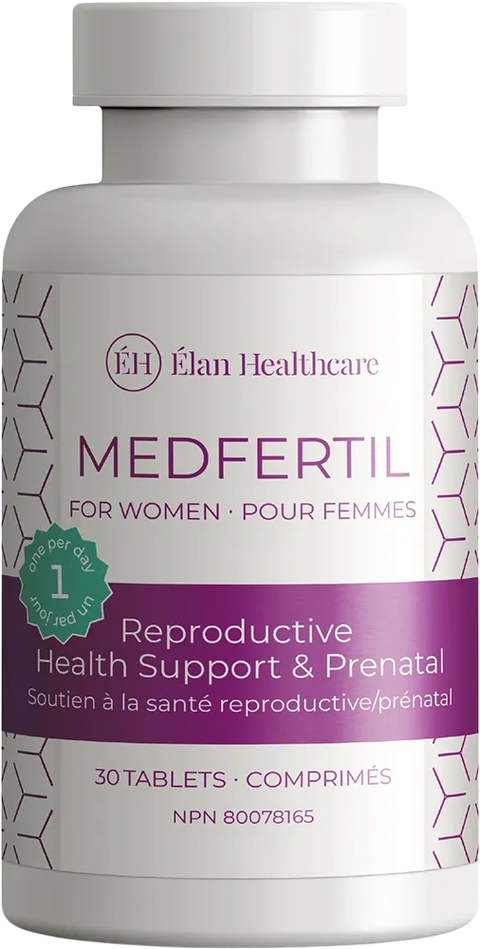
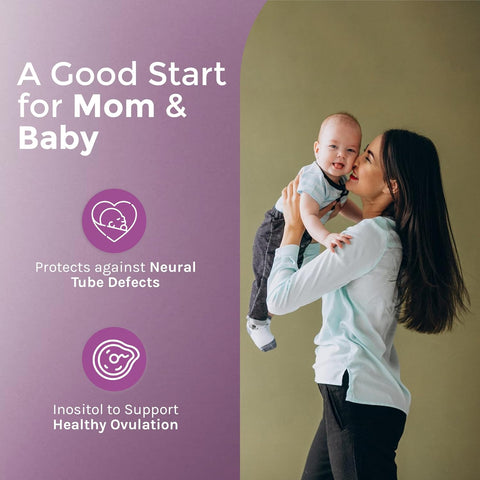
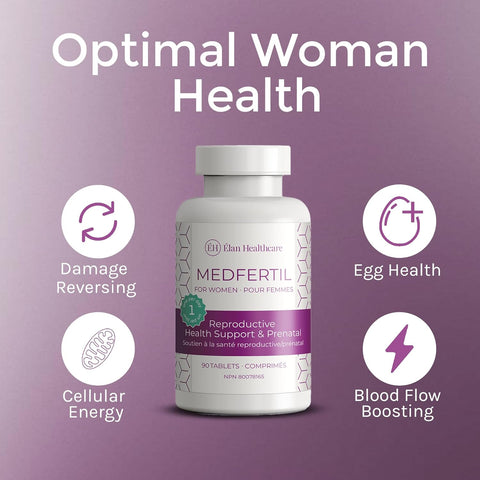
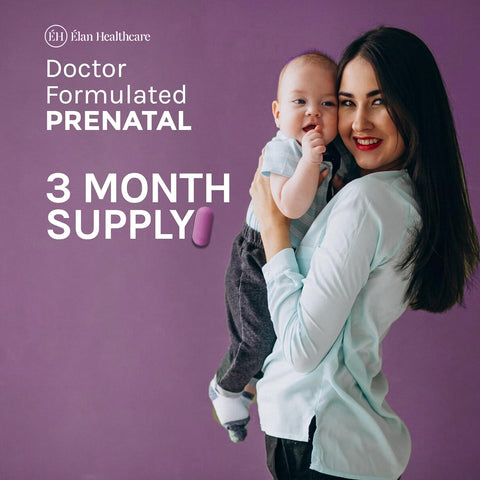
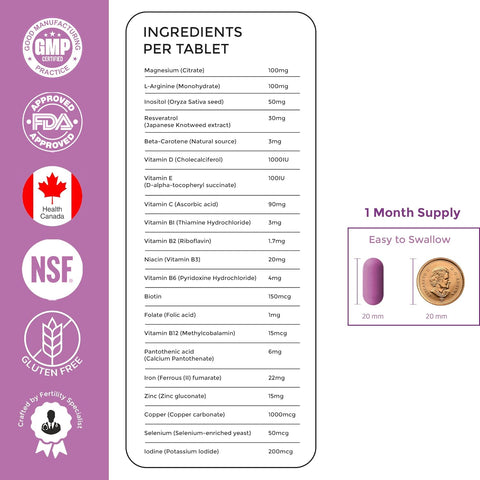

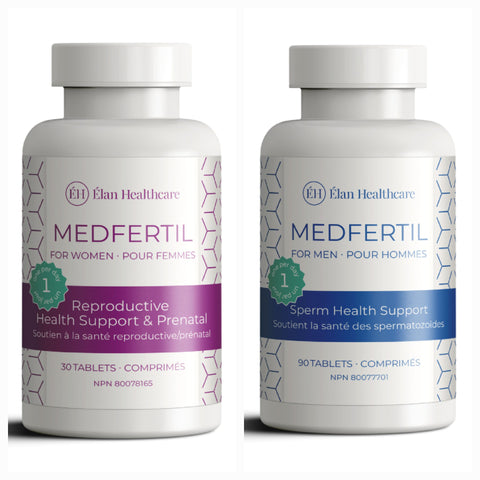
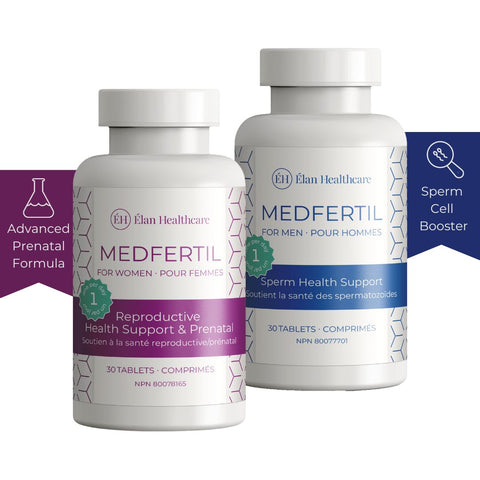
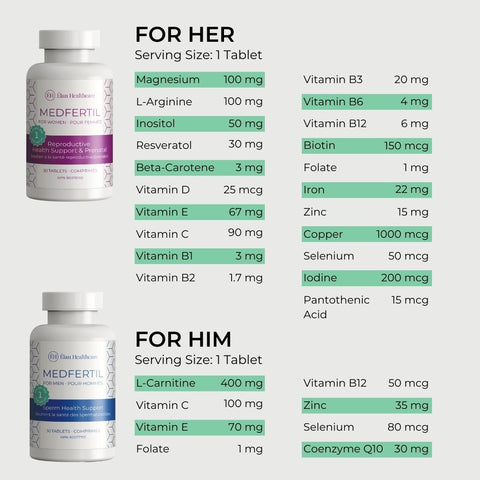



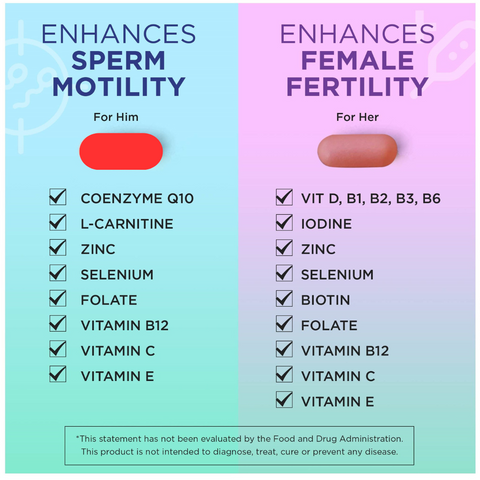

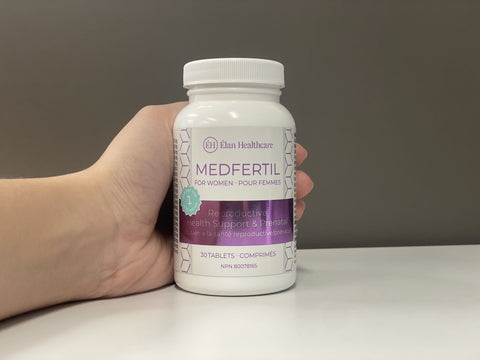

No comments yet.
There are no comments for this article. Be the first one to leave a message!
+ Open to leave a Comment